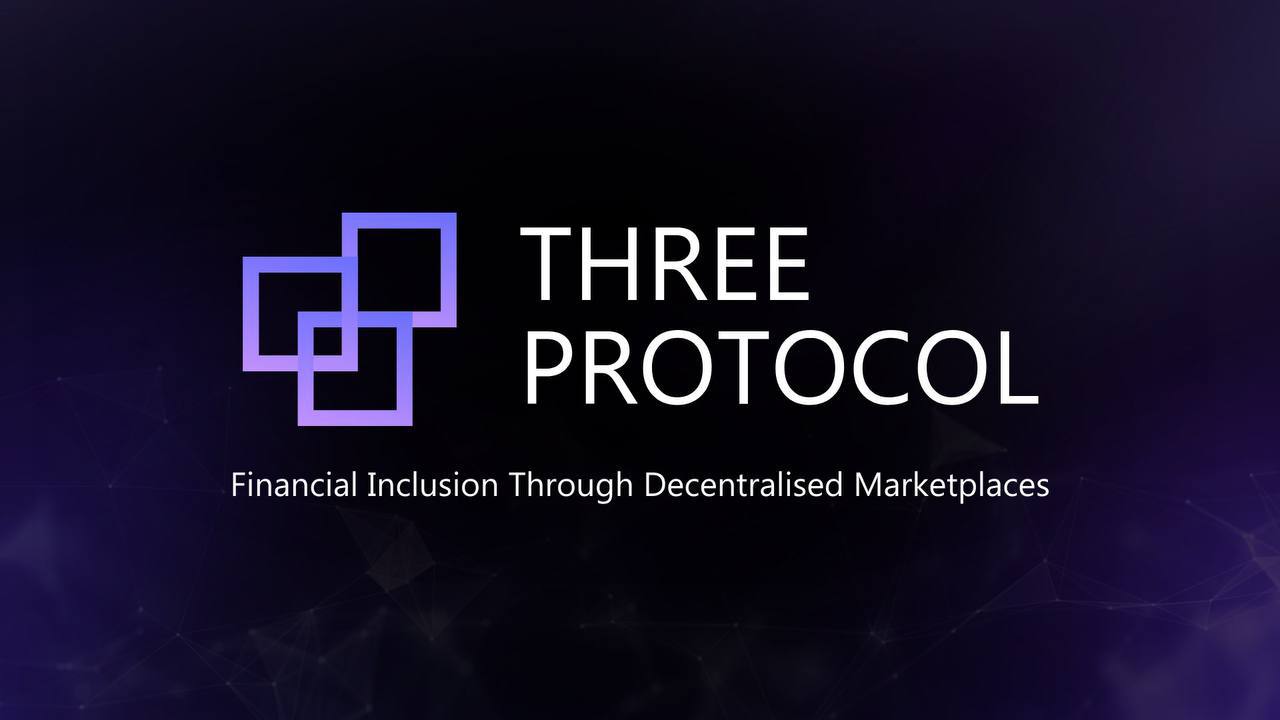- Vice President Harris held a meeting with top executives of AI companies to discuss the potential risks associated with the technology.
- The vice president of the United States and advisors to President Biden organized a meeting with CEOs from the AI industry to discuss potential risks associated with the technology.
Yesterday, Kamala Harris, the Vice President of the United States, along with nine high-ranking advisors in science, national security, policy, and economics, met with the CEOs of several companies including OpenAI, Microsoft, Google, and Anthropic, a startup focused on AI.
Mark Zuckerberg, the CEO of Meta, did not attend the meeting.
Prior to the meeting, the White House made several announcements related to AI, including funding for AI research centers, AI policy for the government, and evaluations of AI systems.
During the meeting, the participants discussed the need for transparency in AI systems, the significance of evaluating and verifying the safety of AI, and the importance of protecting AI from harmful actors, according to the announcement.
Advances in tech always present new opportunities and challenges. Generative AI is no different.
Today, I met with CEOs of companies at the forefront of these advances to discuss the responsibility that governments and companies have to mitigate risks to protect the public. pic.twitter.com/YQOkdv1BgR
— Vice President Kamala Harris (@VP) May 5, 2023
According to reports, both the government and the tech CEOs concluded that there is a need for further work to establish adequate safeguards and protections for AI.
The tech CEOs agreed to work with the White House to ensure the safe and beneficial use of AI. However, no specific details were shared about what actions they will take to address concerns related to AI safety and transparency.
Mark Zuckerberg, the CEO of Meta, did not attend the meeting despite his company’s involvement in AI research for many years. A White House official explained that the meeting was specifically for companies that are currently at the forefront of AI development.
Artificial Intelligence is one of the most powerful tools of our time, but to seize its opportunities, we must first mitigate its risks.
Today, I dropped by a meeting with AI leaders to touch on the importance of innovating responsibly and protecting people's rights and safety. pic.twitter.com/VEJjBrhCTW
— President Biden (@POTUS) May 4, 2023
The Biden administration mentioned its efforts to address national security concerns related to AI, especially regarding cybersecurity and biosecurity, but did not provide any details.
The Biden administration stated that it is taking measures to address national security issues related to AI, including cybersecurity and biosecurity. These efforts are aimed at providing AI companies with access to the best security practices and protecting their networks from state-sponsored cyber threats and national security risks.
White House banks big on AI
On May 4, the Biden Administration revealed its plan to allocate $140 million towards launching seven new National AI Research Institutes, bringing the total number of such institutes in the US to 25.
According to the White House, the newly announced seven National AI Research Institutes would strengthen the United States’ AI research and development infrastructure, and help achieve breakthroughs in critical areas like agriculture, energy, public health, education, climate, and cybersecurity.
The government announced that several AI companies, such as Anthropic, Google, Microsoft, and OpenAI, will participate in publicly evaluating AI systems at the DEFCON hacker convention in August. They will use a platform from AI training firm Scale AI for this purpose.
We've been hard at work on the Generative Red Team event we're doing at @defcon for a while and are excited that the @WhiteHouse announced it this morning. Here's more details:https://t.co/04oXIqXrKr
— AI Village @ DEF CON (@aivillage_dc) May 4, 2023
The U.S. government plans to release a draft policy on how it will use AI, which will be open for public feedback this summer, according to the White House.
The White House plans to draft policies on how federal departments and agencies can use and procure AI, and these policies will also serve as a model for state and local governments. These policies will be made available for public comment during the summer.










